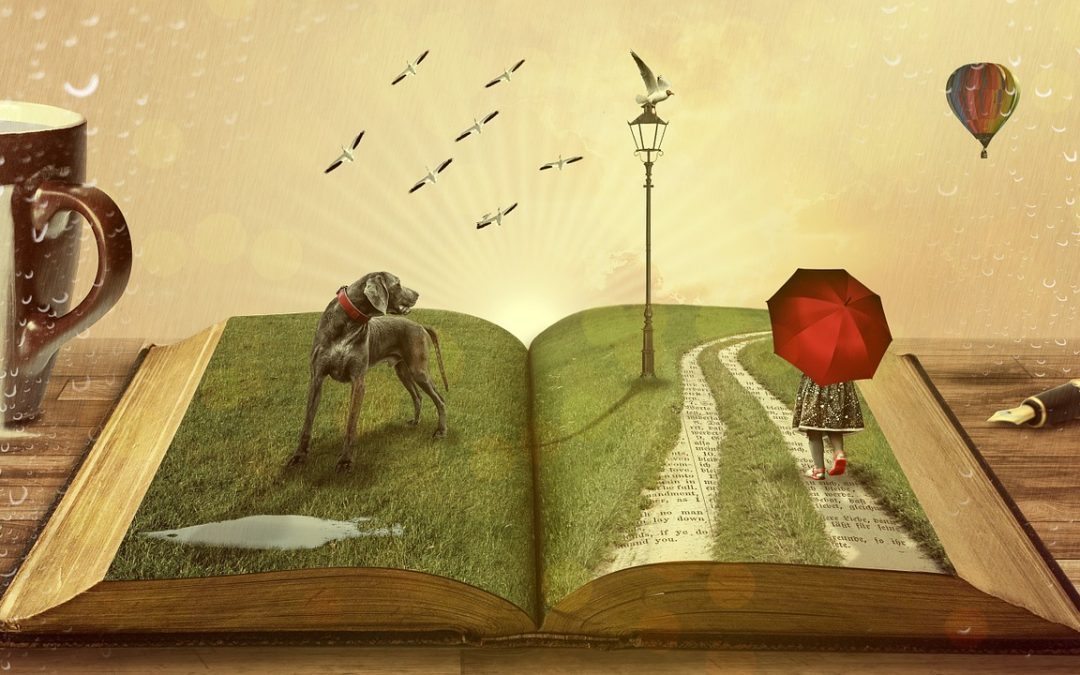Do you remember a dream you’ve had?
Maybe you’re standing on top of a high place, or maybe you’re sitting on your bed and it’s teetering on a point. This sense of dread fills your stomach; your lungs are petrified as you wait and anticipate the inevitable fall that will occur. And yet, the anticipation never truly prepares you for when you do fall. It’s a fingersnap, a case of bad whiplash, and you find yourself jerked awake from sleep.
Maybe you’re stuck in a recurring pattern. Every night you close your eyes, you transport to a location, a person, or an event that you’ve been to previously. The feeling of recognition as you enter, the annoyance that bubbles through your veins as you try to leave only to come back around to where you began. Or maybe the sense of déjá vu tingles your senses as you traverse the familiar area.
Perhaps you’re lucid dreaming, stuck in the grey area between sleep and waking life. This is where you have the greatest amount of control; you make the conscious effort to interact with your subconscious environment. You know that you are dreaming but there is fun in the thought of ‘physically’ playing with your imagination, although Mary Ruefle says in her book, On Imagination, that “…the imagination is not what you play with, the imagination plays with you,” (7).
Associate professor of psychiatry at Harvard University, Robert Stickgold, says “In the broadest sense, dreams mimic a critical stage in creativity: brainstorming a range of possibilities, or what psychoanalysts call free association.”
Even in sleep, you take creativity to new levels. Those range of possibilities? They come from all your memories from that day as they coalesce together in your dreams and twist to create entirely unique t scenes and dialogues.
Or maybe you don’t dream at all. It’s a dark void, a black hole, that happens every night. Could it be you simply don’t remember? Quite possibly you do remember some snippets of your dream only for it to disappear within the first five minutes of waking up.
Maurice Sendak, quoted in an article by Flavorwire, says “‘What dreams do is raise the emotional level of what I’m doing at the moment. They add color or counterpoint to the work, acting as an almost symphonic accompaniment to what I’m doing.’”
Your feelings, actions and reactions, things you heard, saw, smelled; all of it becomes the physical representation of your metaphysical dreams. It’s the blank spaces in a journal sitting near your bedside where you can attempt to word vomit everything you can possibly remember about your dreams.
As soon as you wake up, your journal should be the first thing you grab. You may frantically scribble to capture those last wisps of your nocturnal imagination. Or a simple sentence is all you record, the last taste that lingers on your tongue. Does it matter what type of journal? A spiral notebook, an ornately covered diary, post-it notes stuck onto a hanging board, or even fragments of your voice in audio files on your phone can all be considered for your dream journal. You decide what form your dream journal will take.
It will become a pool of resources that you draw from for creativity. Just like your writing journal, your dream journal will be full of thoughts and ideas that are just waiting to be used. The personal emotions and actions that you have recorded are transferable to characters within your stories. After all, dreams (and even nightmares) can be considered the creative imagination of your subconscious brain can they not? And following all this, what dreams do you remember?
Meet the blogger:
 SANDRA VANG recently graduated from Hamline University with an English major (concentration in creative writing) and a minor in Chinese. When she’s not writing or reading, she is spending her time hanging with friends somewhere in a corner. Currently, she is working on a few short stories and microfiction.
SANDRA VANG recently graduated from Hamline University with an English major (concentration in creative writing) and a minor in Chinese. When she’s not writing or reading, she is spending her time hanging with friends somewhere in a corner. Currently, she is working on a few short stories and microfiction.


